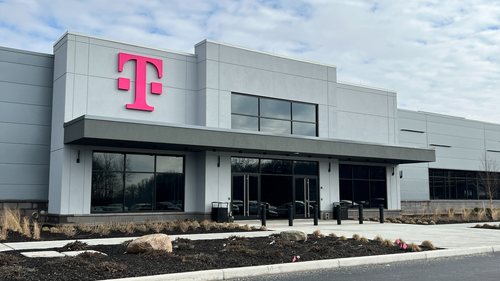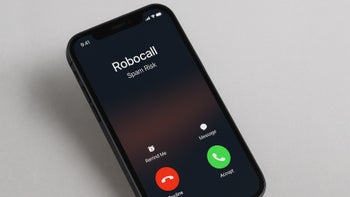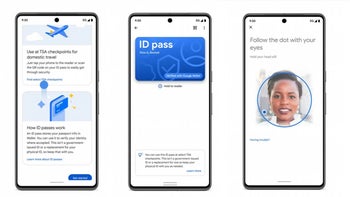12,000 iPhone 16 units have entered Indonesia despite the sales ban

Well, well, well: despite being banned for sale in Indonesia, the iPhone 16 is finding its way into the country, as it turns out!
The Indonesian Ministry of Industry reported that approximately 12,000 iPhone 16 units had entered the country as of November 2024. This data, drawn from the Centralized Equipment Identity Register (CEIR) system, includes devices brought in through two channels: passenger luggage, which is limited to two units per individual and prohibited from resale, and diplomatic shipments facilitated by the Ministry of Communication and Information Technology.
Ministry spokesperson Febri Hendri Antoni Arief clarified that the CEIR system recorded over 12,000 iPhone 16 IMEIs (IMEI is a unique 15-digit numeric identifier). However, data from the Directorate General of Customs and Excise (DJBC) under the Ministry of Finance showed a lower figure of 5,448 units entering between January and October 2024.
Apple has not yet secured an extension for distributing iPhone 16 devices in Indonesia due to unmet requirements for a Domestic Component Level certification, which mandates almost half of the components in the iPhone 16 to be locally manufactured.
The Batam factory is expected to produce 65% of AirTag's global supply. However, Agus noted that AirTags are classified as accessories and do not qualify under the regulations governing mobile phones, handheld computers, and tablets.
Apple, which lacks manufacturing facilities in Indonesia despite the country's significant market of 280 million people, has been running application developer academies there since 2018. To meet Indonesia's local content requirements, the company must renew its investment commitments every three years. Its previous $10 million commitment ended in 2023, requiring a new agreement for the 2024-2026 period.
The Indonesian Ministry of Industry reported that approximately 12,000 iPhone 16 units had entered the country as of November 2024. This data, drawn from the Centralized Equipment Identity Register (CEIR) system, includes devices brought in through two channels: passenger luggage, which is limited to two units per individual and prohibited from resale, and diplomatic shipments facilitated by the Ministry of Communication and Information Technology.
Apple has not yet secured an extension for distributing iPhone 16 devices in Indonesia due to unmet requirements for a Domestic Component Level certification, which mandates almost half of the components in the iPhone 16 to be locally manufactured.
Although Apple committed to investing $1 billion in constructing an AirTag manufacturing facility in Batam, Minister of Industry Agus Gumiwang Kartasasmita emphasized that this investment does not fulfill the criteria for issuing a sales certification for iPhones.
The Batam factory is expected to produce 65% of AirTag's global supply. However, Agus noted that AirTags are classified as accessories and do not qualify under the regulations governing mobile phones, handheld computers, and tablets.
Apple, which lacks manufacturing facilities in Indonesia despite the country's significant market of 280 million people, has been running application developer academies there since 2018. To meet Indonesia's local content requirements, the company must renew its investment commitments every three years. Its previous $10 million commitment ended in 2023, requiring a new agreement for the 2024-2026 period.










Things that are NOT allowed: